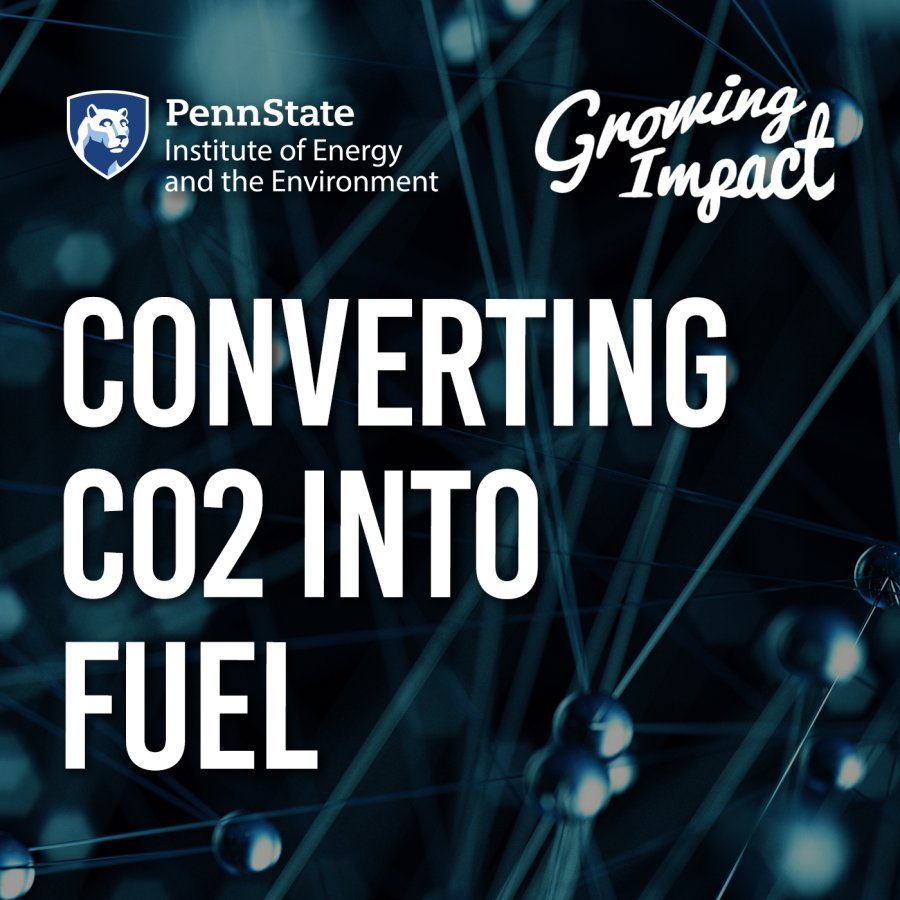$1.74M grant to fund Eastern Fire Network
| Featured News
As large wildfires become more frequent in the eastern U.S., a new research initiative based at Penn State will develop big-picture goals for future study. Erica Smithwick, director of the Earth and Environmental Systems Institute at the University, will lead the effort.


























